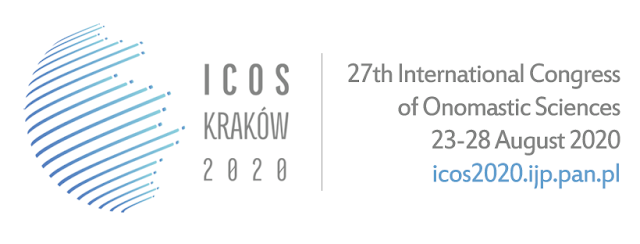ResearchGate
by Justin van Dijk & Paul A. Longley
To cite this article: Justin van Dijk & Paul A. Longley (2020) Interactive display of surnamesdistributions in historic and contemporary Great Britain, Journal of Maps, 16:1, 68-76, DOI:10.1080/17445647.2020.1746418
To link to this article: https://doi.org/10.1080/17445647.2020.1746418
Paul Longley and Justin van Dijk from the University College London introduce a method to calculate and store approximately 1.2 million surname distributions calculated for surnames found in Great Britain for six years of historic population data and 20 years of contemporary population registers compiled from various consumer sources. They subsequently show how this database can be incorporated into an interactive web-environment specifically designed for the public dissemination of detailed surname statistics. Additionally, they argue that the database can be used in the quantitative analysis of surnames in Great Britain and potentially offer valuable insights into processes of contagious and hierarchical diffusion of populations as well as the regional distinctiveness of demographic change and stasis
by Justin van Dijk & Paul A. Longley
To cite this article: Justin van Dijk & Paul A. Longley (2020) Interactive display of surnamesdistributions in historic and contemporary Great Britain, Journal of Maps, 16:1, 68-76, DOI:10.1080/17445647.2020.1746418
To link to this article: https://doi.org/10.1080/17445647.2020.1746418
Paul Longley and Justin van Dijk from the University College London introduce a method to calculate and store approximately 1.2 million surname distributions calculated for surnames found in Great Britain for six years of historic population data and 20 years of contemporary population registers compiled from various consumer sources. They subsequently show how this database can be incorporated into an interactive web-environment specifically designed for the public dissemination of detailed surname statistics. Additionally, they argue that the database can be used in the quantitative analysis of surnames in Great Britain and potentially offer valuable insights into processes of contagious and hierarchical diffusion of populations as well as the regional distinctiveness of demographic change and stasis










